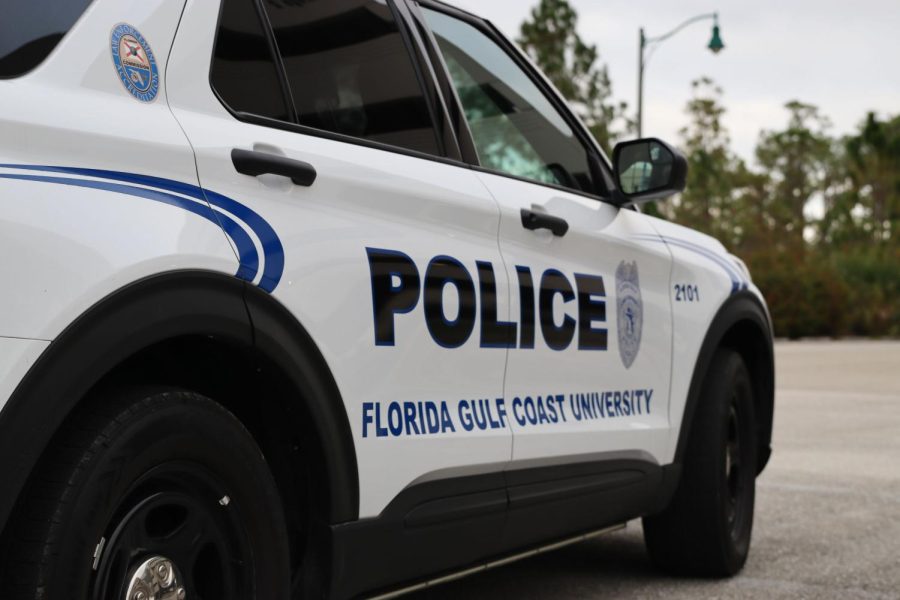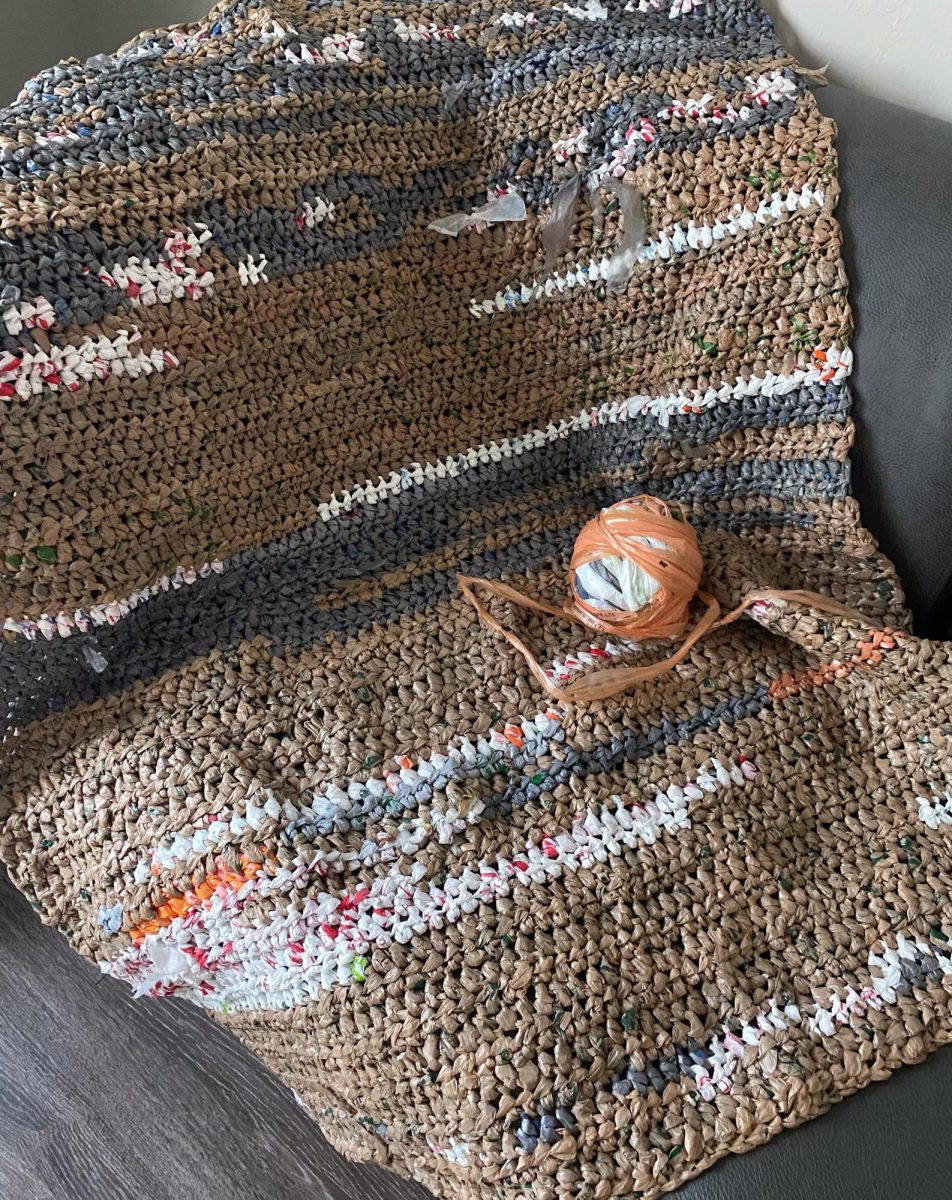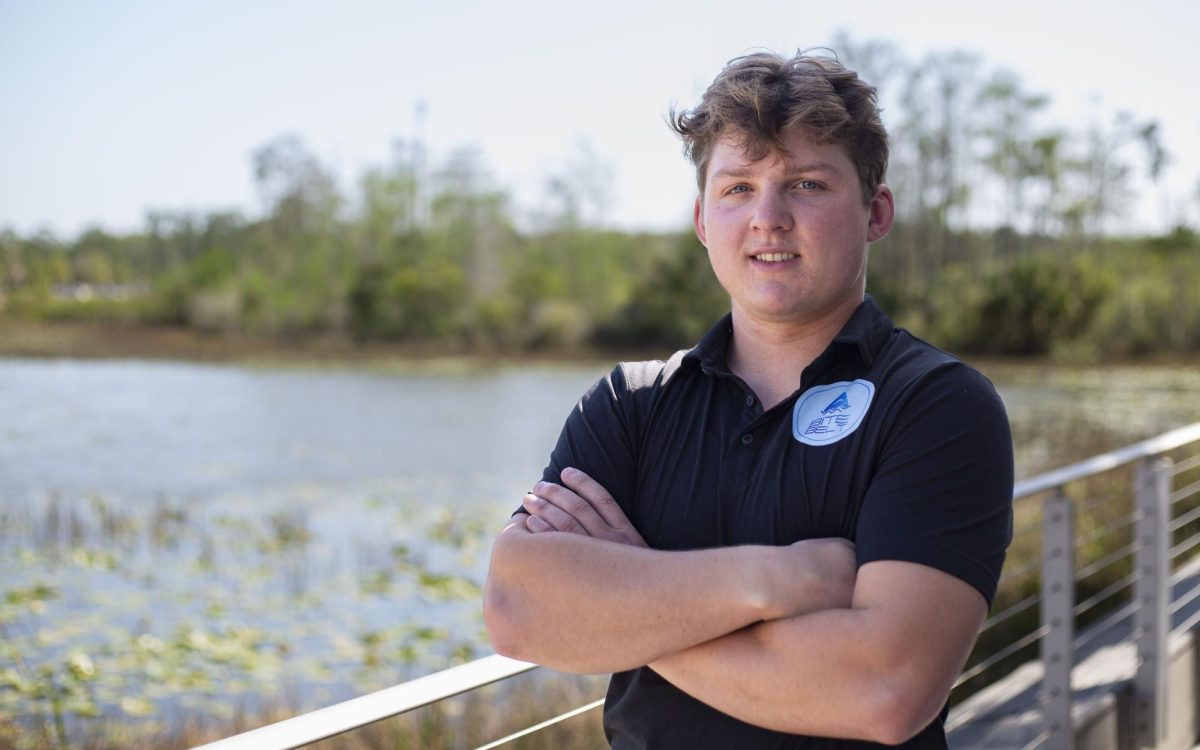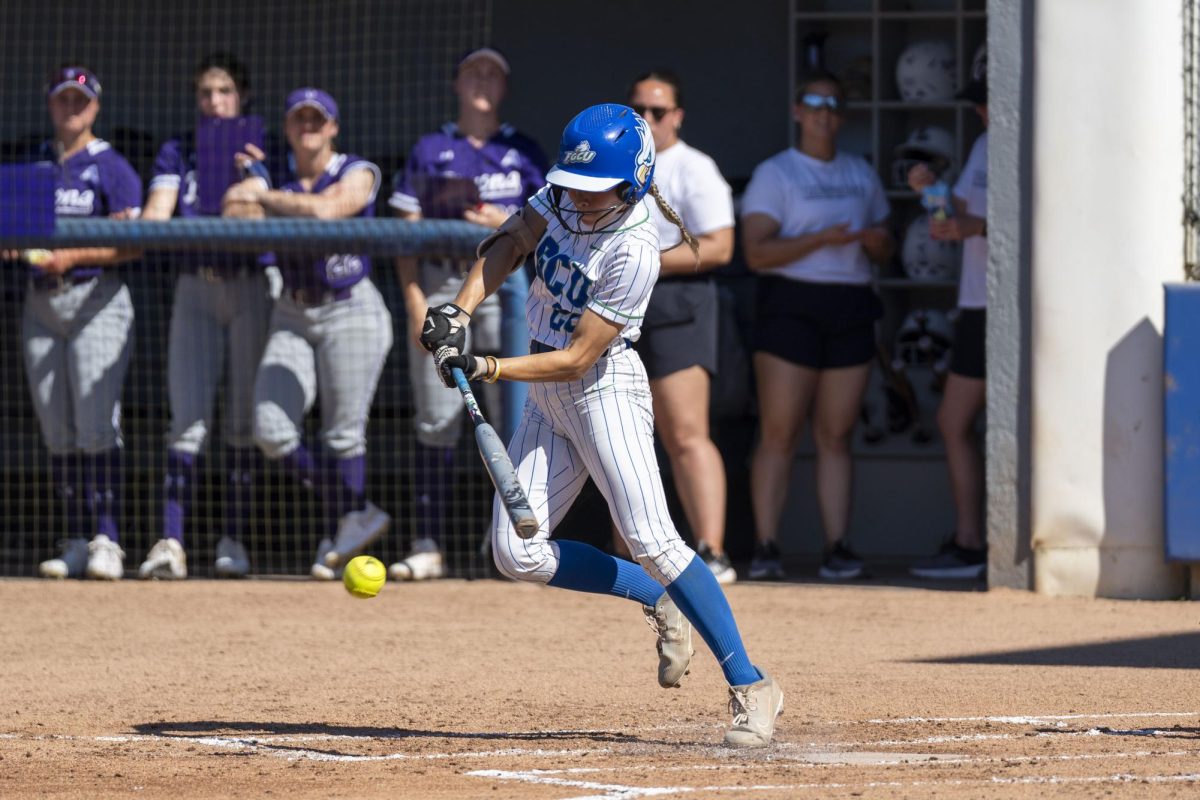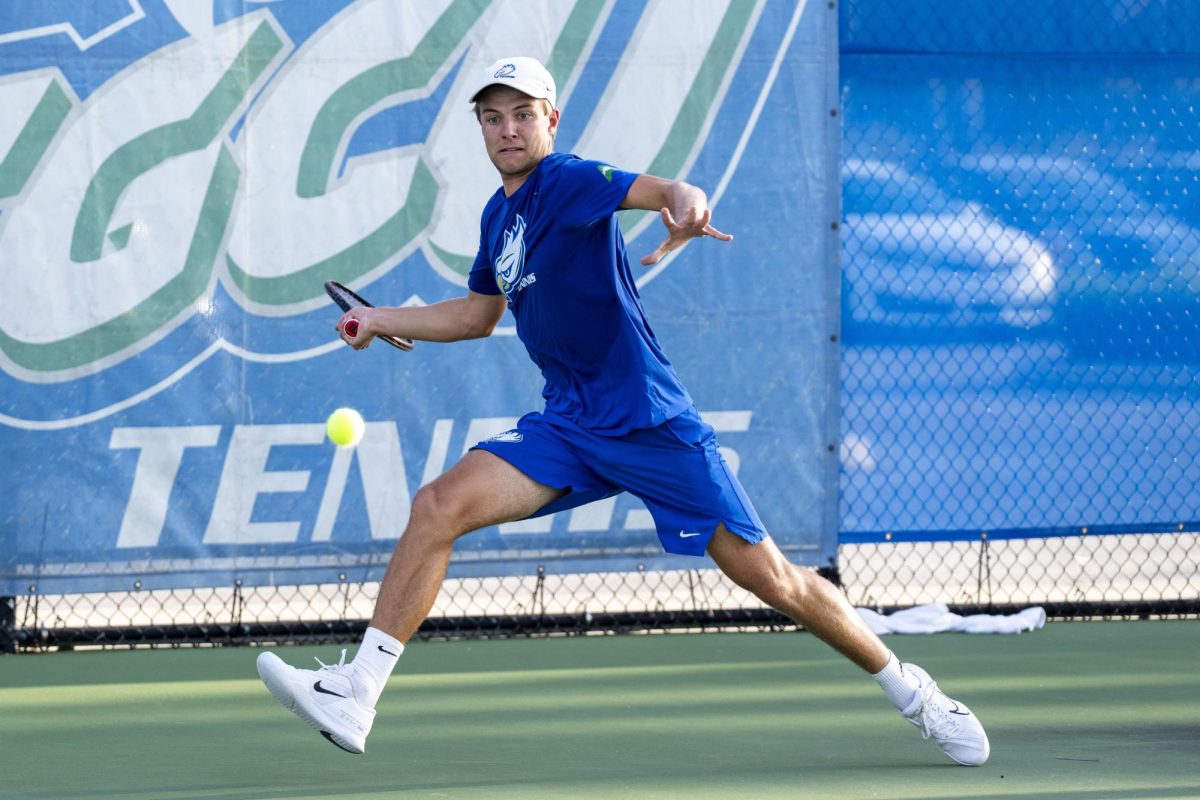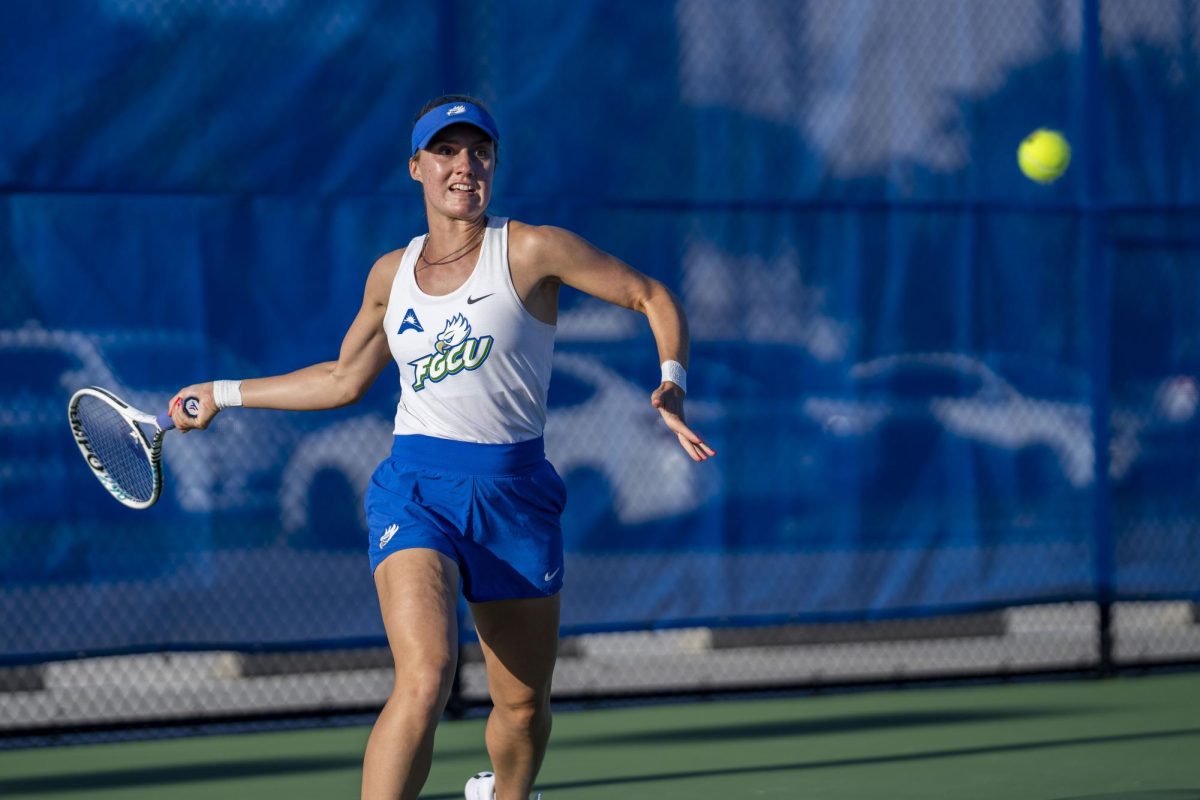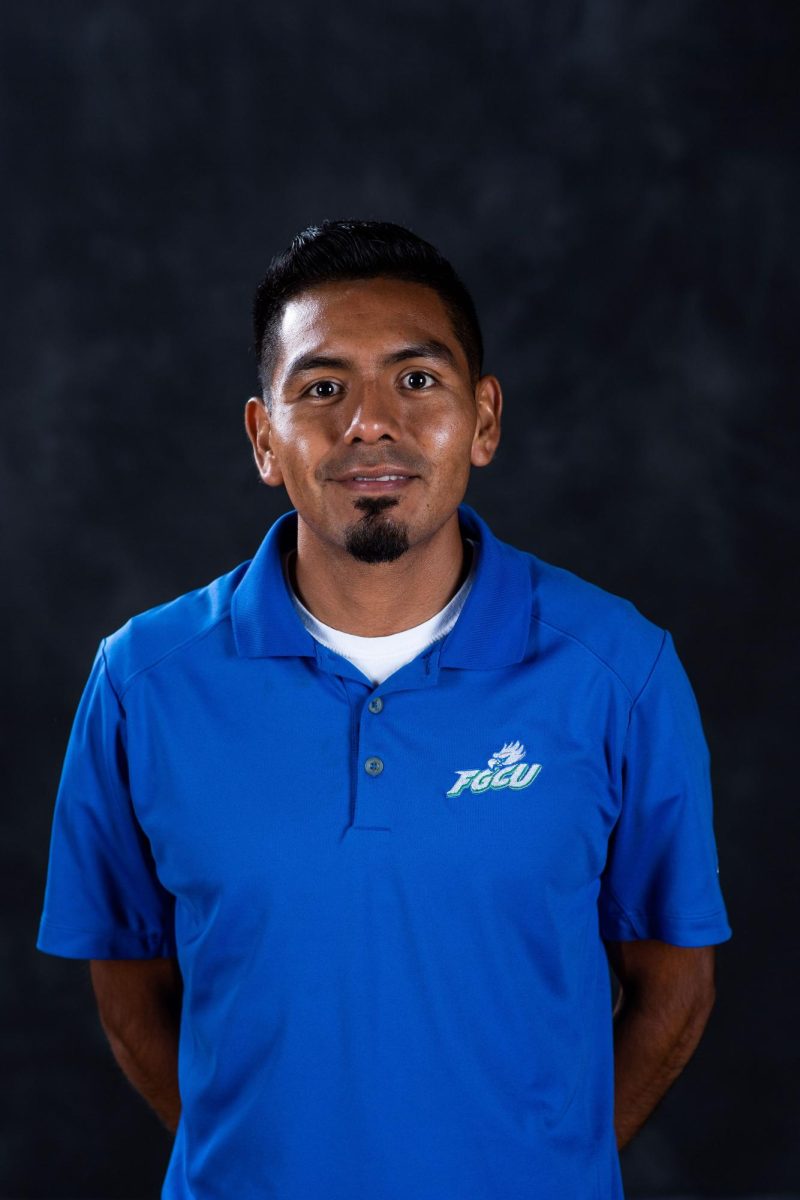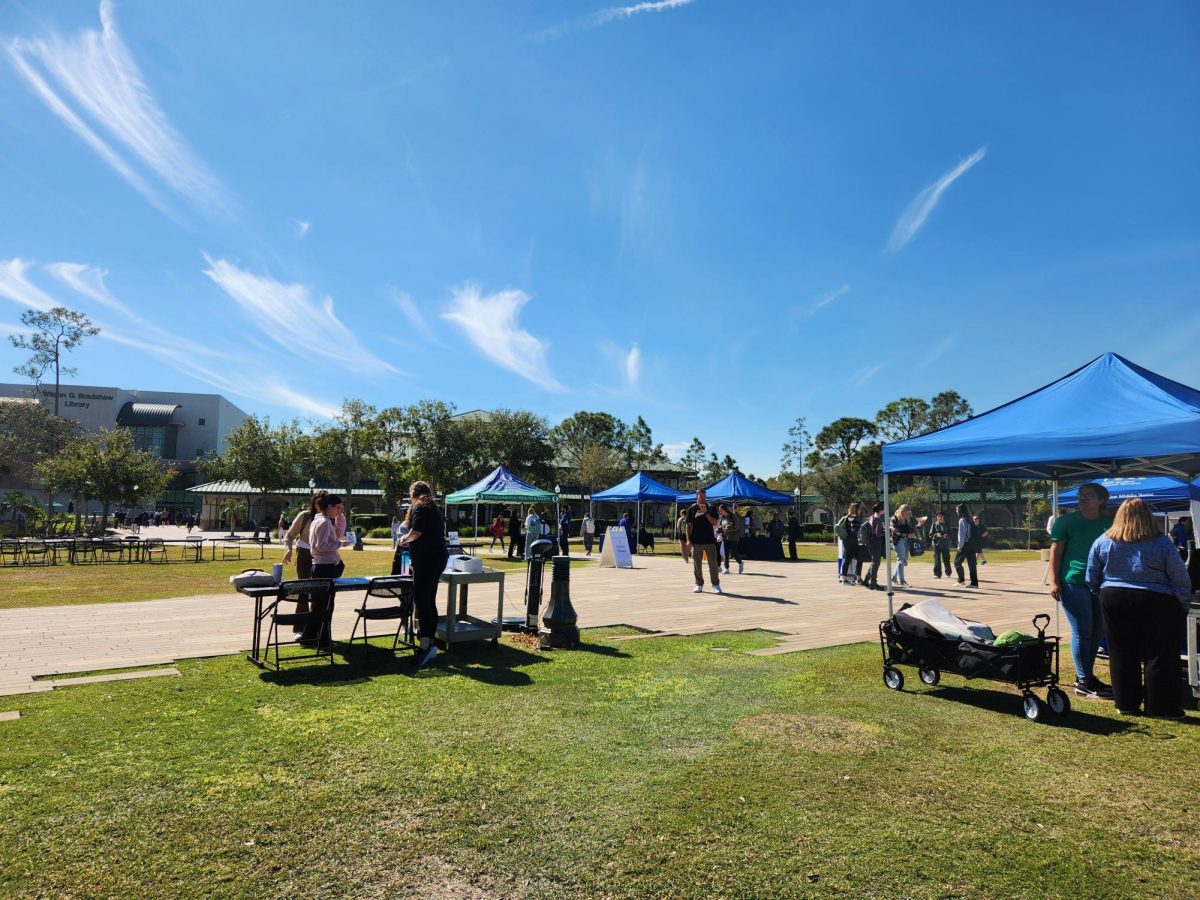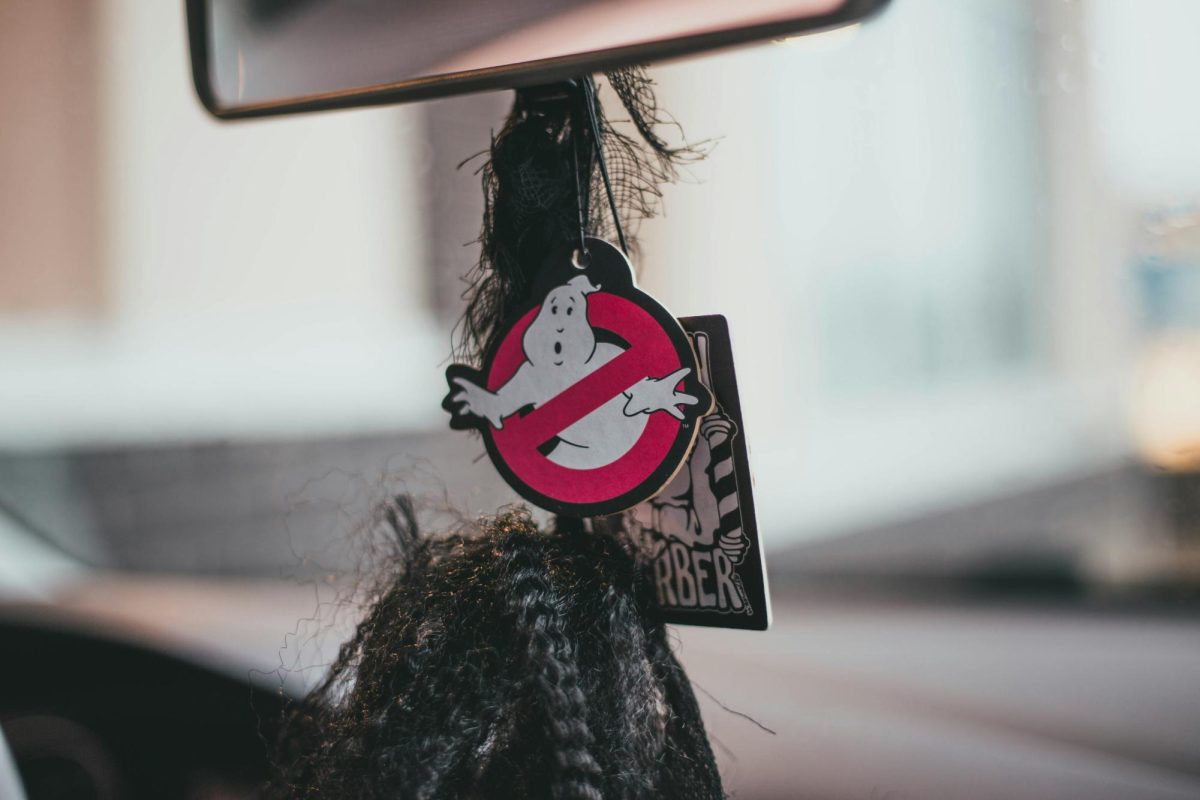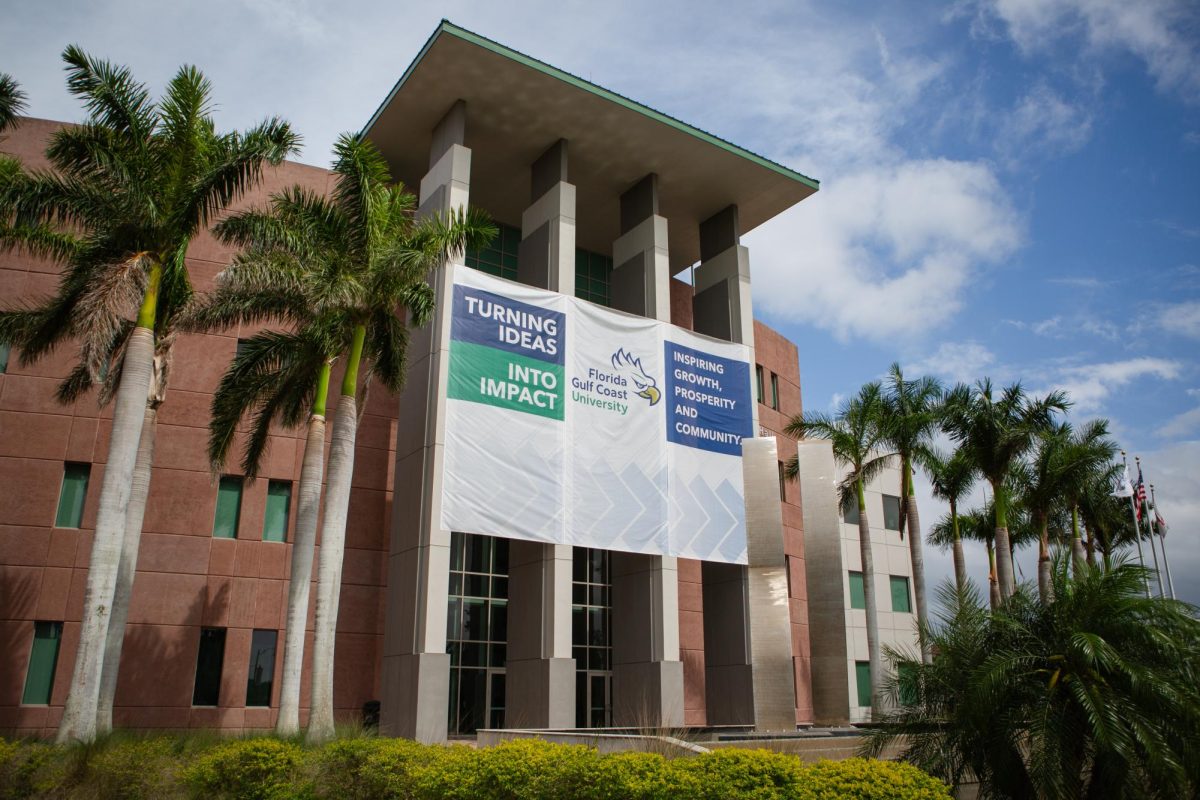Alana Brooks
Assistant Opinion Editor
When you’re in college, those four years seem to fly by. Florida Gulf Coast University’s students must find 80 hours of that time to help them soar.
To graduate from FGCU, students must complete 80 hours of service-learning. Service-learning is designed to help students make a difference and make connections in their community. While service-learning is meant to assist students in gaining experience and becoming better individuals, some feel that it does more harm than good.
“I see the value in when we give,” Shallyn Sims, Program Assistant of the Office of Service-Learning and Civic Engagement said. “That is where our greatness lies.”
Sims, only a month into her tenure, was looking for a job that supported both students and agencies in service-learning.
Service-learning is unique to FGCU. It is time spent with a nonprofit, not-for-profit, or a governmental agency. FGCU offers more than 300 courses integrated with service-learning.
To Sims, service-learning is more than just a requirement for graduation, which is part of what drew her to FGCU.
“Service-learning is so engrained in everyone.” Sims said. “I think that’s so very powerful and positive when it’s something you don’t feel like is a requirement.”
Not everyone at FGCU feels this way. For students, finding time between classes, homework, internships and work can be a struggle.
Rachel Legiec is a junior, majoring in biology-accelerated. For Legiec, service-learning is more of a chore than an experience.
“I don’t mind that we have to do them,” Legiec said. “But it’s kind of inconvenient.”
Legiec is a student in FGCU’s partnership program with Lake Eerie College of Osteopathic Medicine. This program provides students an advanced opportunity in studying medicine.
As someone studying medicine, Legiec feels that there are not enough opportunities to gain pertinent experience through service-learning.
Legiec has done the majority of her hours at the Gulf Coast Humane Society.
“I think it does, depending on your major,” Legiec said when asked if the school had enough resources for students looking for places to earn service-learning hours. “But I would say no for students wanting to go into medicine.”
FGCU’s service-learning program has 350 preapproved community agencies for students to get their hours with. The database that has all these agencies and contact information for them features a search function that allows students to find agencies based on their interests, as well as alphabetically.
The categories featured in the search function, which include health, arts, public relations and animals, often overlap. This makes it difficult for students to narrow down their search.
“For medical school, they would rather see you working as a scribe or something,” Legiec said. “Rather than just volunteering.”
Different from volunteering, service-learning involves reflection on work done to make a difference in the community.
“There’s this component between not only doing, but also reflecting on what you’re doing to become a more informed and engaged citizen,” Sims said. “Volunteering is just kind of something that you do because you want to do. Service-learning comes with the reflection piece.”
For Sims, the reflection isn’t the best part of service-learning. Instead, she feels that having students step outside of the classroom is the most beneficial aspect of having them complete service-learning hours.
“I think the biggest thing that helps students is to understand that they are a part of something larger than just going to classes every day,” Sims said. “It reminds them that there is a world outside of just being here at FGCU and how they interact with that world is just part of being human.”
Still, Legiec feels that service-learning has not helped her as a medical student.
“Not really,” Legiec said of service-learning helping her life after graduation. “No, it probably won’t help.”
Despite this, Sims feels that service-learning is helpful for students to get ahead in their professions and their lives, even if students don’t feel the same way.
“I think at the end of the day,” Sims said. “Anything that you do that you can put on a resume, and you can talk about, and you can share on social media is gonna be positive and it’s gonna elevate you as an individual.”


